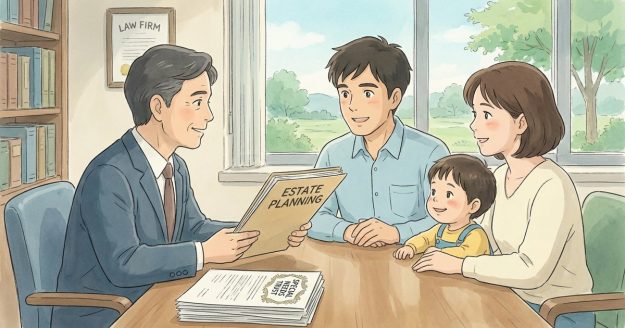What type of trust makes sense if my parent wants their assets managed and protected as they get older? nc
What type of trust makes sense if my parent wants their assets managed and protected as they get older? – North Carolina Short Answer In North Carolina, the trust that most often fits this goal is a revocable living trust designed for asset management during incapacity, paired with a clear plan for who steps in…











